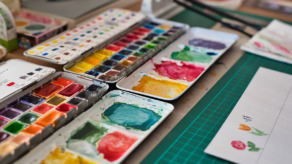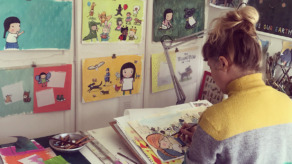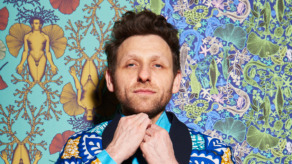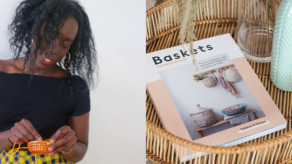Some ambiguity if you please

“Personally, I like things to be certain. For example, in the past, I’ve tended to brand people as ‘goodies’ or ‘baddies’. Experiences—a relationship, a holiday, a meal—are remembered as either good or bad. I like feeling sure of things. I like clear, predictable patterns and rules. When something happens that threatens my certainty, I feel uncomfortable, unsafe and let down. How can you feel secure yet accept that there are gray areas in life, or that there’s not one perfect answer for everything?
It’s not just me; modern life, it turns out, doesn’t like nuance either. Social media in particular is a place where things are increasingly black and white. On Twitter and Facebook, it seems life is either great or terrible. We see either the highlight reel of each other’s lives, or their worst, angriest rants. Political views are polarized. There’s no room for debate, or feelings evolving or being uncertain.
Scrolling through Twitter once, I saw this play out in real time. One tweet read, ‘I hate this country, honestly. I know we’re supposed to love it, but at a certain point you have to look around and see what it actually is’. Immediately underneath this message, another person tweeted, ‘The Earth is beautiful’. It made me laugh out loud. Both views were so over-the-top, so extreme. Both people were screaming into the online abyss, convinced they were right.
The desire to label things as right or wrong isn’t a new phenomenon confined to social media, however. Philosophers have grappled with accepting ambiguity for thousands of years. From Socrates to Simone de Beauvoir, women and men have spent millennia trying to figure out if—and how—two opposing things can be true at once. (It’s good to know I’m not the only one without a first-rate intelligence.) Psychologists argue that the human brain inherently struggles to juggle opposing ideas. We’re hard-wired to seek certainty, to find absolute truth. This quest for certainty has no doubt helped drive our evolution—the desire to know, to understand everything, is at the very root of all human advancement.
But nevertheless, it seems we can’t be certain and have a perfect explanation for everything.”
- Read the full story about ambiguity in Issue 36.
Text Olivia Gagan Photography Priscilla Du Priz/Unsplash.com







